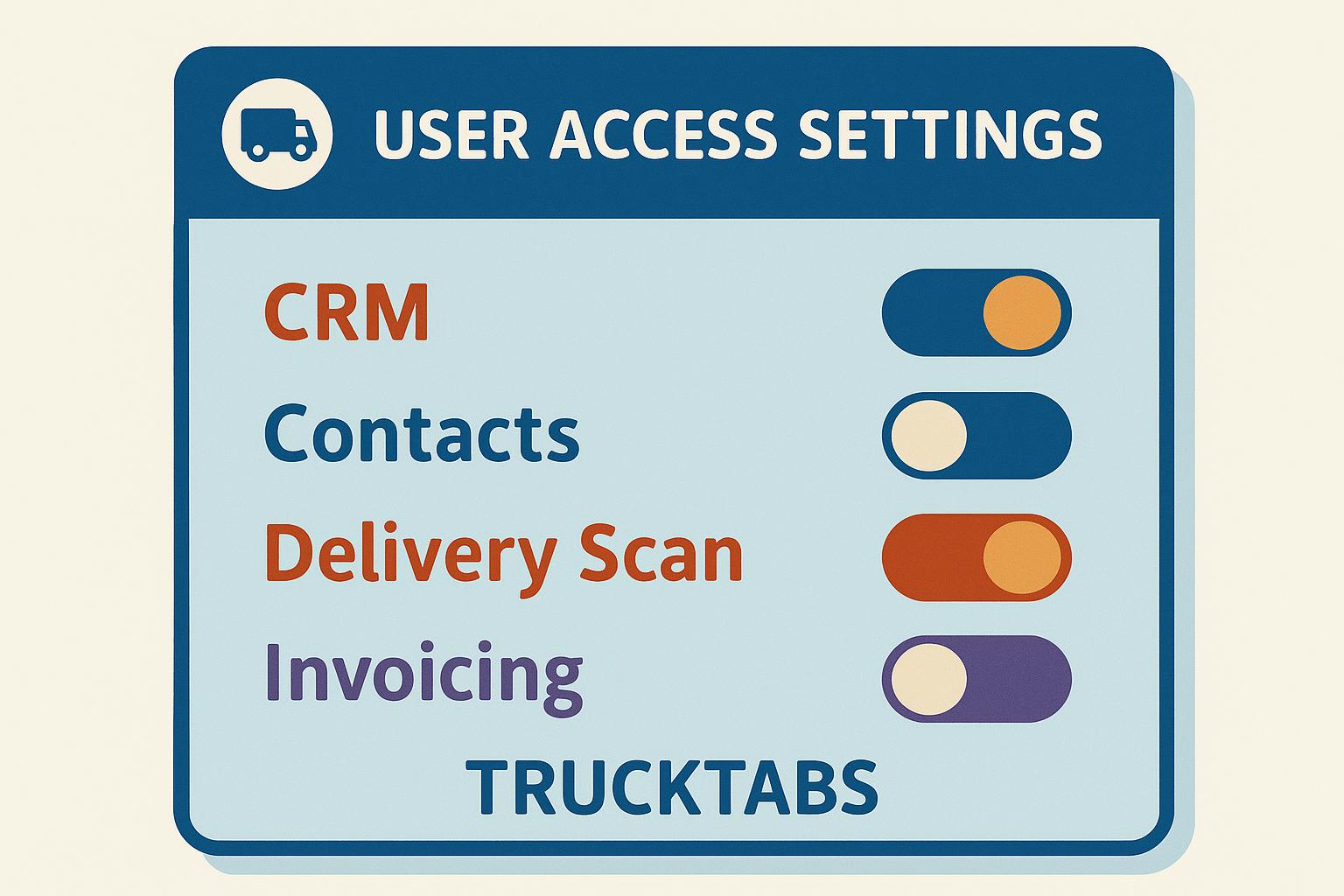Introduction
Applying for trucking permits, especially for oversize and overweight loads, can be a complex and time-consuming process. Many truckers encounter obstacles that lead to delays and rejections. In this article, we’ll explore the ten most common mistakes made when applying for these permits and provide practical advice to help you navigate the application process successfully.
1. Not Researching State Regulations
Each state has its own regulations regarding oversize and overweight permits. Failing to research these can result in unnecessary complications or denials.
2. Inaccurate Load Measurements
Providing incorrect dimensions or weights can lead to permit rejection. Always double-check your load measurements before submitting your application.
3. Ignoring Required Documentation
Different permits require various documents. Ensure you include all necessary paperwork, such as proof of insurance and vehicle registration.
4. Missing Deadlines
Each permit has its own processing time. Apply well in advance of your transport date to avoid last-minute issues.
5. Overlooking Route Restrictions
Certain routes may have restrictions for oversize or overweight loads. Always plan your route ahead of time and check for any restrictions.
6. Failing to Communicate with Authorities
Keep open lines of communication with the permitting authorities. They can provide guidance and information that may help streamline your application.
7. Not Accounting for Additional Fees
Permits often come with additional fees. Be sure to factor these costs into your budget to avoid surprises later.
8. Submitting Incomplete Applications
Double-check that your application is complete. Incomplete submissions are a common reason for delays and rejections.
9. Not Keeping Copies of Your Applications
Always keep copies of your submitted applications and any correspondence with authorities. This can help resolve any future discrepancies.
10. Rushing the Process
Patience is key when applying for permits. Rushing can lead to mistakes that may ultimately delay your transport.
Conclusion
By avoiding these common mistakes, you can streamline the permit application process and reduce the likelihood of delays. Proper planning and attention to detail will facilitate a smoother experience, allowing you to focus on what truly matters—getting your load delivered safely and on time.










